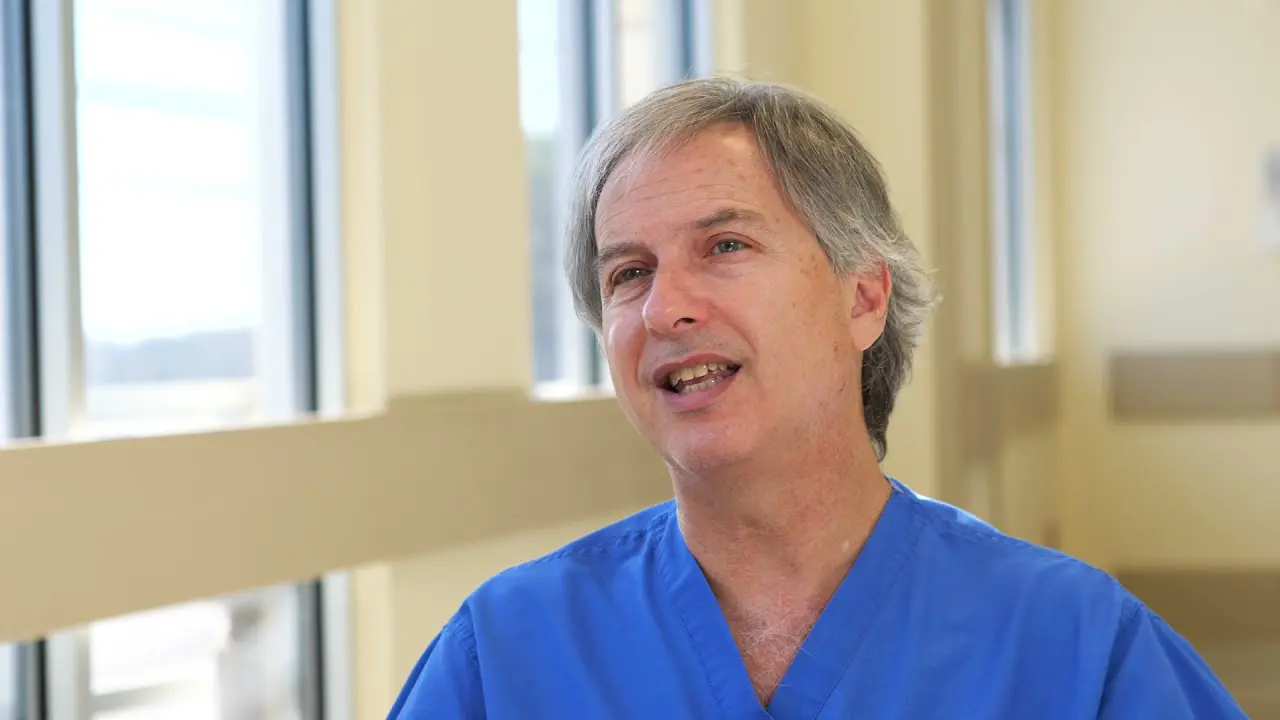
Uterine fibroid surgery can significantly increase your chance of a successful pregnancy
Fibroids, benign growths of uterine muscle, commonly occur in women of childbearing age. In fact nearly 75 percent of women will develop a fibroid in their lifetimes – often before age 35. While many fibroids cause symptoms varying from heavier menstrual bleeding to increasingly severe menstrual cramping to pelvic pain or pressure, some women with fibroids experience no symptoms. Uterine fibroid surgery can help women control their symptoms and achieve pregnancy.
Understanding the benefits of uterine fibroid surgery
Removing a fibroid can significantly increase the odds for conceiving if the fibroid’s size or location interferes with embryo implantation. The most problematic type of fibroid is called a submucosal fibroid. A submucosal fibroid is either located entirely within the uterine cavity or it extends from the uterine wall into the uterine cavity, the space where embryo development occurs.
Intramural fibroids can distort the shape of the uterus and cause heavy bleeding and pain. This is the most common type of fibroid, found in over 70% of women with fibroids. In addition to other symptoms, intramural fibroids can occasionally stretch or block the fallopian tubes.
As fibroids grow in response to estrogen, medications that block estrogen production can frequently cause fibroids to shrink – but only temporarily. These medications are occasionally prescribed before surgery to either reduce heavy bleeding or to cause the fibroid(s) to shrink, making subsequent surgery easier. If your physician determines that your fibroid’s size or location will negatively impact fertility, and that medication alone won’t alleviate the problem, he or she will recommend a more proactive approach—fibroid surgery.
Hysteroscopy. If your fibroid is submucosal (within the uterine cavity), you may well be a candidate for hysteroscopy. During this procedure, a small surgical telescope is inserted through the cervix into the uterine cavity. Then, using either an electric knife or a mechanical dissector called a morcellator, the fibroid can be removed.
Laparoscopy or robotic surgery for myomectomy. Smaller fibroids located either in the wall or on the outside of the uterus can usually be removed laparoscopically. This procedure involves passing a small surgical telescope through your belly button. Then, additional surgical instruments or a laser are passed through 1 or 2 smaller incisions below the top of the pubic hairline to remove the fibroid(s). A laparoscopic myomectomy (fibroid removal) can be performed either using a standard laparoscope or the da Vinci robot. Either approach offers a clear, magnified view of the pelvic organs, enabling successful fibroid removal as part of this outpatient surgery.
A fertility specialist is trained as a reproductive surgeon
Texas Fertility Center surgeons approach every surgery with an eye trained on your long-term reproductive health. They are experienced in performing surgery to preserve fertility, employing their skill and experience to protect the delicate organs of your female reproductive system.
To you discuss your options with a fibroid surgeon in Austin contact the clinical care team at Texas Fertility Center to arrange for a consultation.












